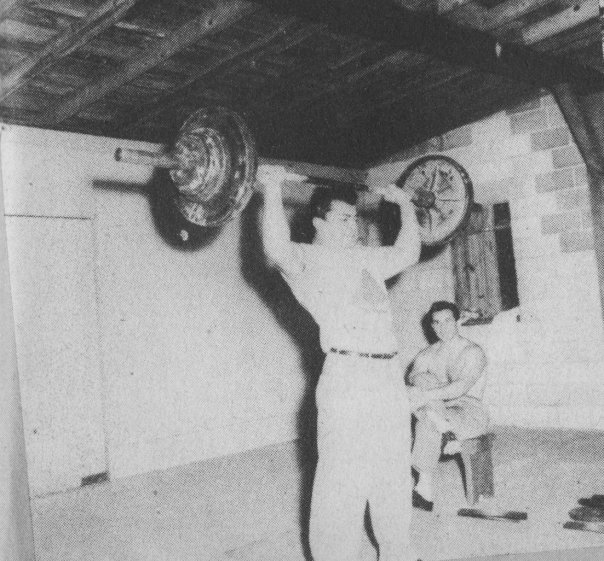
Since it's that time of the year when a wave of respiratory and intestinal illnesses overtakes us, I thought I'd address being sick, its effects on training, and how best to proceed during and following it.
Before we get to illness and its impact on the person, you need to understand how the body responds to stimuli of all kinds. In fact, no other concept (that of stimulus and response, alongwith adaptation to stress) is as useful when it comes to understanding how to measure and apply stress, or to understanding a host of human problems, training-related and otherwise.
Human experience can be considered--as a whole or in part, over days or over many years--as a stimulus to which human beings are called upon to adapt. Oviously, a stimulus that is too great for someone can result in physical or mental distress, or--depending on the magnitude of the stressor--in disorder, perhaps even in death, (as in the case of severe illnesses). When stress is applied gradually and at regular, tolerable intervals, however, body systems change in order to respond better to that specific type of stress.
Regardless of the stimulus, or stressor, the body undergoes a short-term decrease in performance capacity while collective metabolic recovery processes are under way. During this time, cortisol, a stress hormone, increases, at the same time that levels of testosterone decrease. If the stressor is of a sufficient magnitude, and adequate recovery takes place afterward, an adaptation will occur, and behind the scenes testosterone will peak once more, readying you for the next bout of stress (be it a heavier set of squats or a more difficult mountain climb), which will start the whole process anew.
Getting sick means that you must assess the magnitude of the stress; determining that will shape your decision to train or not, and training is, afterall, another kind of stress. So while it may not be a good idea to train during and immediately after, say, a 48hr. bout of vomitting and diahrea, which dehydrates you and deprives you of necessary vitamins, minerals and nutrients to perform well, training with a mild headcold is a possibility. In fact, if you're the sort of person who's made excuses your whole life not to train--i.e. if making excuses has been a lifestyle--then perhaps training while somewhat under-the-weather is just what the doctor ordered. After all, rigorous training should toughen you up, bolster your resolve and make you more useful in general, and if it hasn't, then you should ask yourself what the fuck you've been doing all this time.
